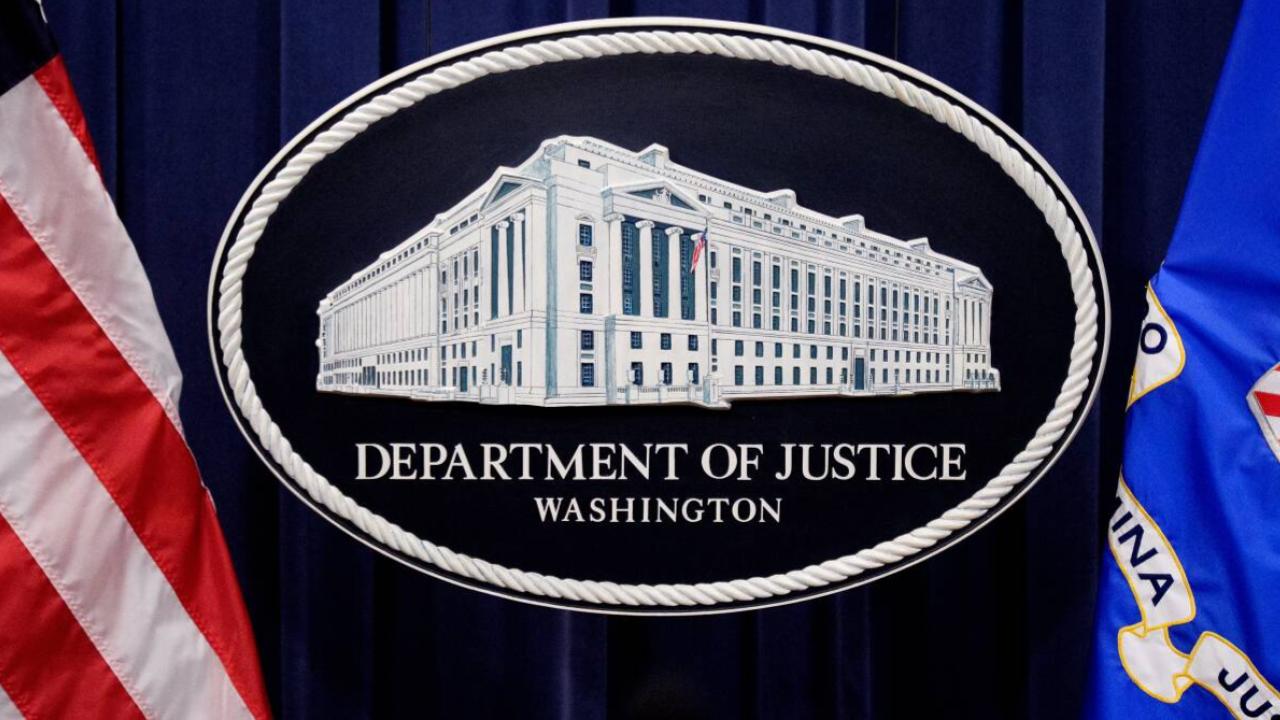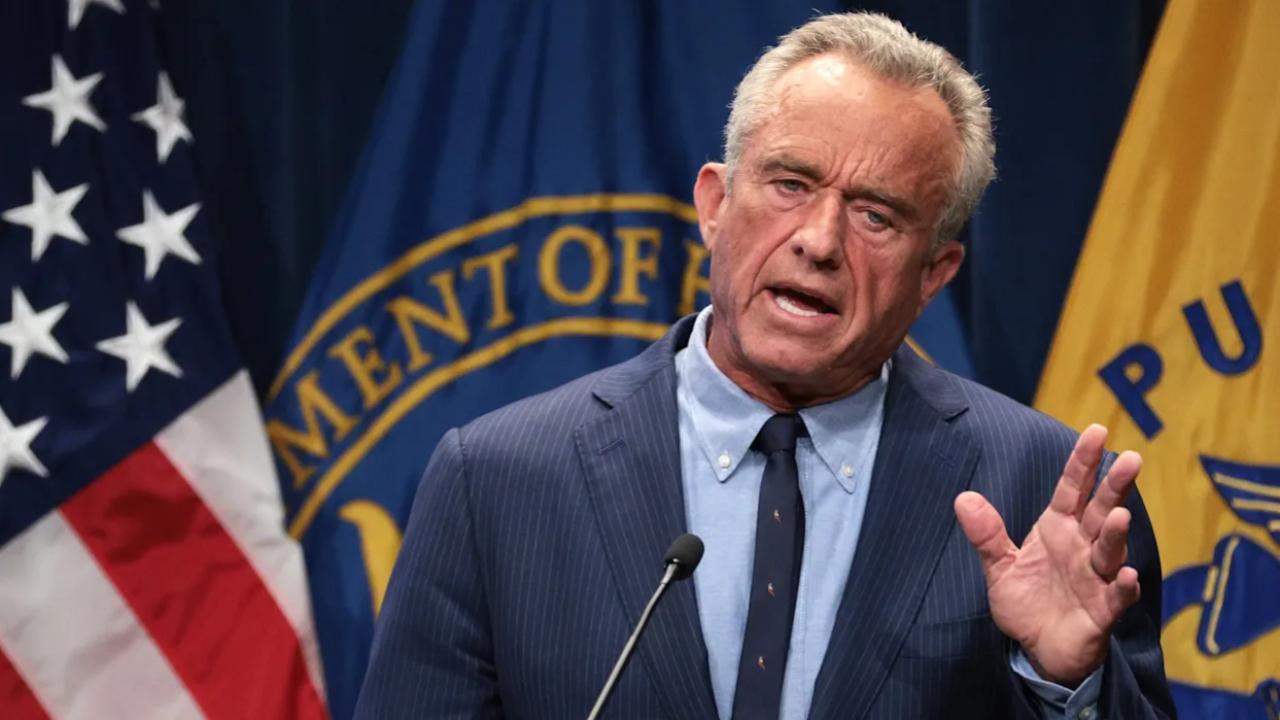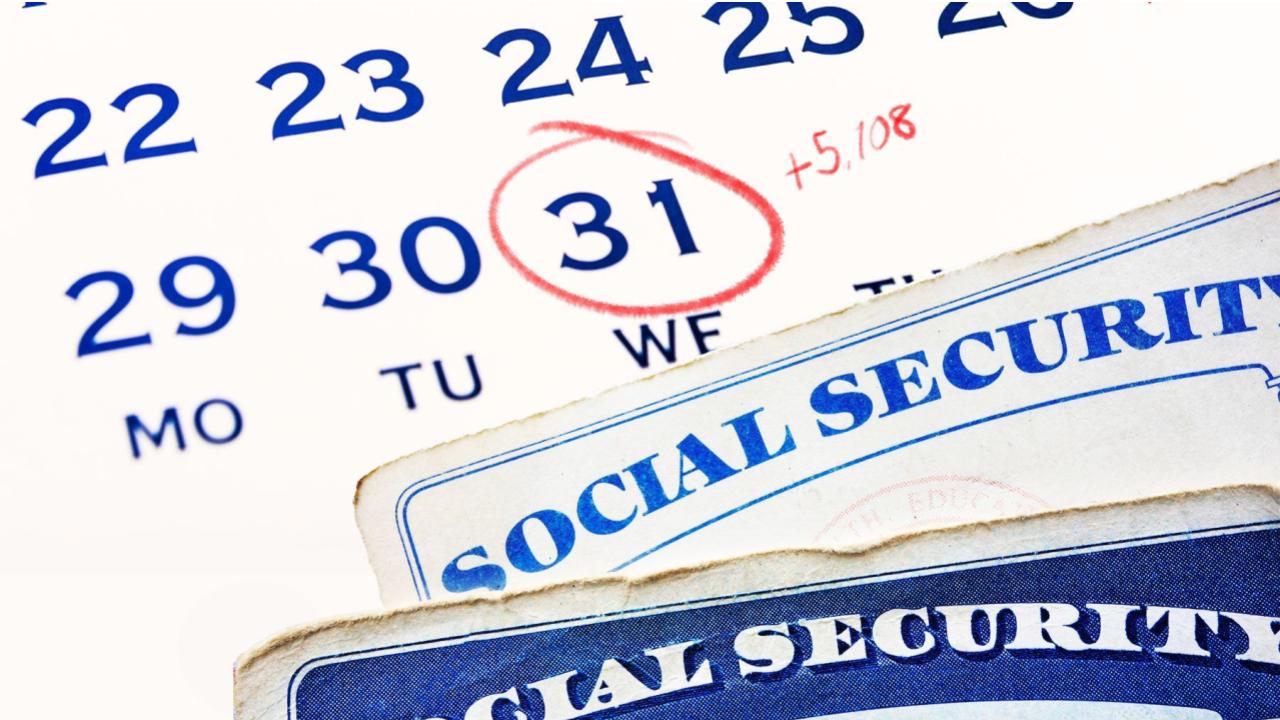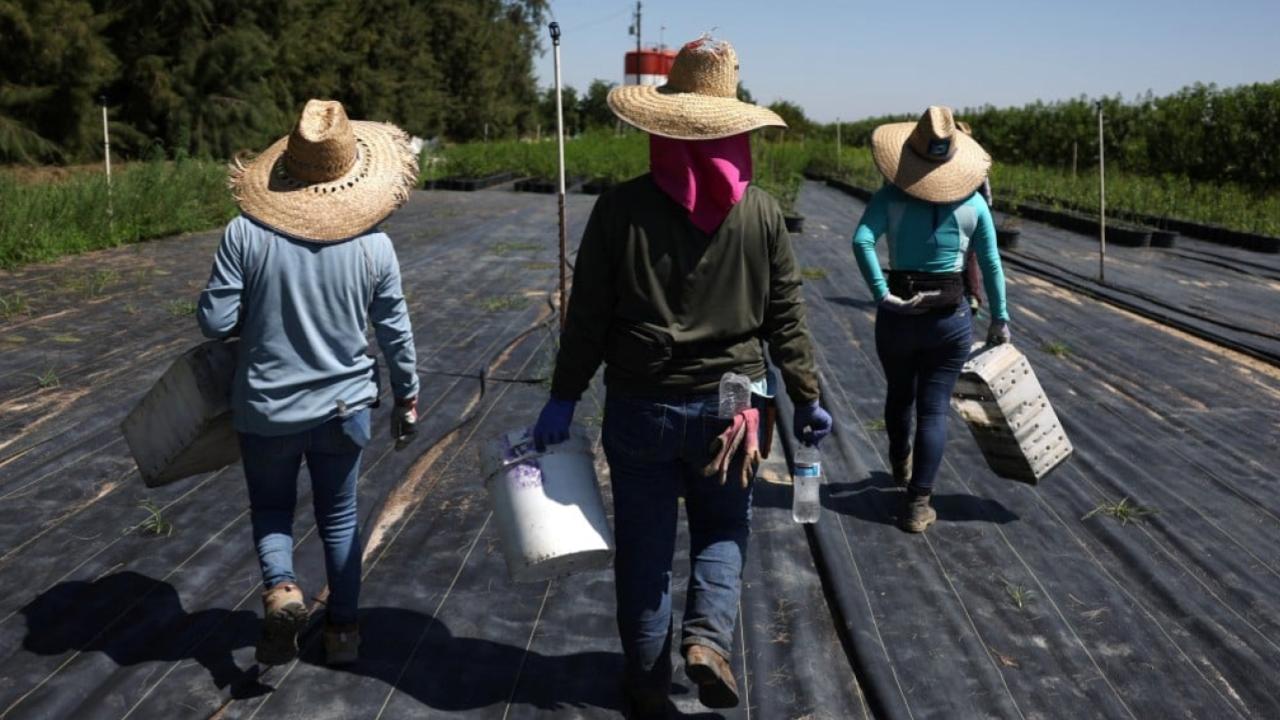In a move that’s stirred legal and humanitarian hornet nests, a U.S. federal judge has ordered the government to maintain custody of migrants deported to South Sudan, a country currently grappling with violence, instability, and famine. This decision follows accusations that the Department of Homeland Security (DHS) violated a prior court order by secretly deporting individuals without proper legal process.
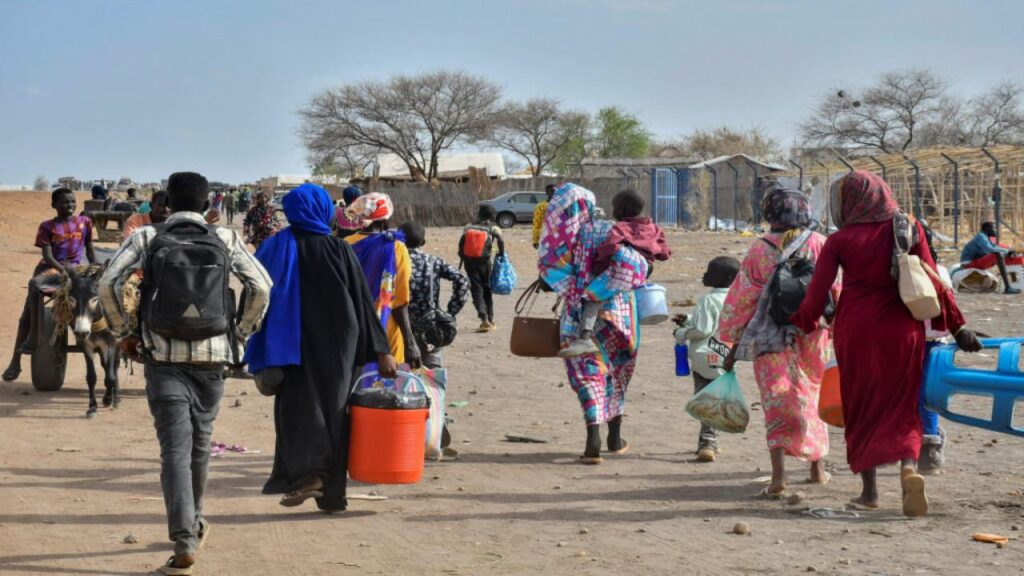
This ruling has kicked off a political storm, especially as it involves migrants from countries like Myanmar, Vietnam, and others—sent not back to their home countries, but to a war-torn African nation with little or no warning.
Outrage Erupts as Judge Forces U.S. to Hold Migrants Sent to South Sudan
| Key Point | Details |
|---|---|
| Court Order | Judge Brian E. Murphy ruled the U.S. must retain custody of migrants deported to South Sudan due to legal violations. |
| Who’s Affected | At least 12 migrants, primarily from Southeast Asia (e.g., Myanmar, Vietnam), were allegedly sent to South Sudan without due process. |
| Why It’s a Big Deal | South Sudan is under a U.S. State Department “Do Not Travel” advisory due to violence, kidnappings, and conflict. |
| Legal Issue | The deportations may have violated a prior injunction against removals without adequate notice and a hearing. |
| Human Rights Angle | The move raises serious questions about the U.S. violating international laws, including those protecting refugees and asylum seekers. |
The case of migrants deported to South Sudan without due process isn’t just a bureaucratic blunder—it’s a powerful reminder of the human cost when laws are broken and rights are ignored. Judge Murphy’s ruling puts the federal government in check and raises serious questions about how we treat the most vulnerable in our system.
What Exactly Did the Judge Say?
Federal Judge Brian E. Murphy dropped the hammer earlier this week when he ruled that the U.S. government had likely defied his earlier injunction by deporting migrants without proper notification or legal hearings. The court had previously ordered that no migrant should be removed to another country unless:
- They were given advance notice, and
- They had the chance to challenge the deportation.
But attorneys and advocates say at least a dozen migrants were flown out quietly—to South Sudan of all places—with no heads-up, no court review, and no legal recourse.
Judge Murphy didn’t mince words. He demanded the U.S. “retain custody” of these individuals, meaning they must either be brought back or at least accounted for to ensure legal compliance.
Why South Sudan? And Why Is That a Problem?
Here’s where it gets even messier. According to reports from Reuters, the migrants were not originally from South Sudan. So why were they sent there?
Immigration experts believe the U.S. might’ve routed them through South Sudan as a legal loophole—some say it’s a way to sidestep repatriation restrictions by using third countries as temporary holding zones.
But South Sudan is far from safe.
- U.S. State Department lists South Sudan as a Level 4: Do Not Travel country.
- It’s plagued by civil unrest, armed conflict, and human rights violations.
- Migrants face risk of kidnapping, extortion, or worse upon arrival.
This is not just a policy issue—it’s a life-or-death decision for some of these people.
What the Biden Administration Is (or Isn’t) Saying
So far, the Biden administration hasn’t said much publicly. The Department of Homeland Security is facing intense scrutiny, but has not confirmed whether the migrants will be returned or how they’ll comply with the judge’s ruling.
The silence isn’t helping. Human rights organizations like the ACLU and Human Rights Watch are sounding the alarm, demanding immediate action and transparency.
One immigration attorney close to the case told The Washington Post,
“This isn’t just bureaucratic negligence—this is life-altering, illegal, and immoral.”
Legal Fallout: This Could Reshape Immigration Policy
This case could set a powerful precedent. If Judge Murphy rules that the deportation violated both U.S. and international law, it might change how:
- Third-country deportations are handled.
- DHS documents and notifies deportees.
- Courts enforce judicial oversight on immigration enforcement.
It also shines a harsh spotlight on how even under a pro-immigrant administration, immigration enforcement can still trample civil rights.
The Immigration and Nationality Act requires the U.S. to provide asylum-seekers and undocumented migrants a fair hearing. This ruling suggests that requirement may have been ignored.
What Happens to the Migrants Now?
That’s the million-dollar question.
The judge’s order says they must be held “in custody,” but South Sudan doesn’t exactly have holding centers or U.S. enforcement agents. It’s unclear how—if at all—these people will be brought back.
Immigration advocates are calling on the U.S. to issue:
- Parole re-entries for the deported individuals.
- Safe passage visas to return them for court hearings.
- Legal protections against further harm while stuck abroad.
This could become a full-blown international crisis if not resolved quickly.
Real Lives, Real Consequences
Take this story from a pro bono legal advocate in Texas: one of the deportees, a 27-year-old man from Myanmar, had lived in the U.S. since he was 14. His family sought asylum years ago, and his removal proceedings were still active. He received no notice, and was suddenly gone.
Now he’s reportedly in hiding somewhere in Juba, the capital of South Sudan, terrified to go outside for fear of being kidnapped.
It’s stories like his that make this ruling feel less like a policy debate and more like a humanitarian emergency.
What This Means for You (Yes, You!)
Even if you’re not personally involved in immigration, this decision matters. It’s about how much power the government has to disregard due process, and whether judges can hold agencies accountable.
For immigration professionals, it could mean a wave of litigation related to deportation records, procedural errors, and possible reparations.
For the public, it’s a reminder that policy without transparency equals danger—especially when lives hang in the balance.
FAQs
Who issued the ruling?
Federal Judge Brian E. Murphy from the U.S. District Court.
Why is South Sudan considered dangerous?
According to the U.S. State Department, the country is under a “Do Not Travel” advisory due to violent crime, civil war, and humanitarian crises.
Were the migrants originally from South Sudan?
No. Reports suggest most were from Myanmar, Vietnam, and other countries, not South Sudan.
What laws may have been violated?
- U.S. court injunctions
- Due process clauses
- Possibly international asylum laws
What happens next?
The DHS must respond to the court’s order. A follow-up hearing is likely, and Congress may also step in with oversight.

